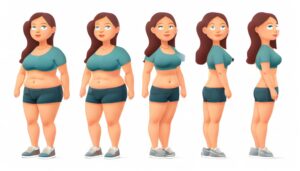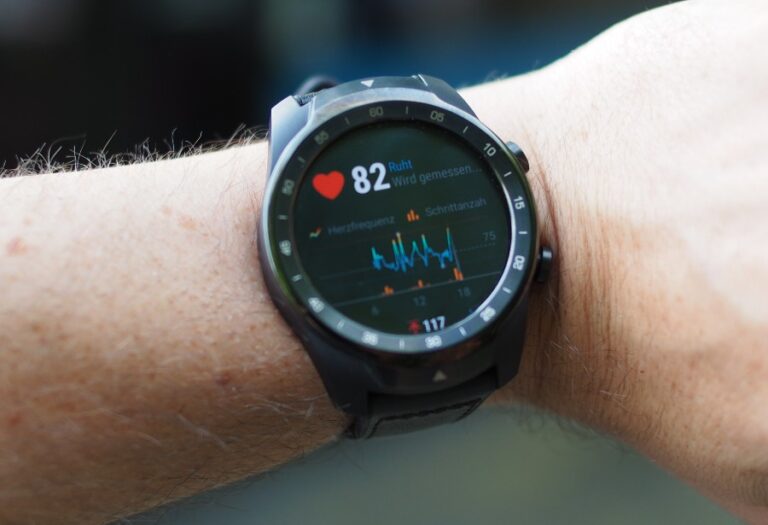Weight Defined
Definitions of Weighty Terms
Because weight assessment does not distinguish between the body’s fat mass and fat-free mass, it is not always possible to establish a person’s body fat status precisely.
 Smart Scale for Body Weight and Fat Percentage |
The relationship between three categories of body weight and body fat can be described according to five different people categories.

- 1. Overweight not obese
- Athletic or muscular body types (bodybuilders) who have normal or low body fat even though they are overweight according to standard charts.
- 2. Underweight and lean
- Lean, thin or linear body body types with low amounts of fat-free mass (endurance athletes) who can be underweight according to the weight charts and extremely low in body fat yet physically very healthy.
- 3. Average healthy weight
- People of average weight and average body fat mass.
- 4. Overweight and obese
- Big, heavy and soft body types who are overweight and obese from large amounts of fat mass and body weight.
- 5. Obese not overweight.
- People (often the elderly) who have too much fat mass and are obese but not overweight due to inactive and sedentary lifestyles.
| Basic Terms in Weight Management: |
|
 |
| Getting Started At Controlling Your Weight Controlling Your Weight Precise and Accurate Weighing A Step Toward A Healthier Life Know Your Weight Staying Fit |









I am in the Big and Heavy body type. It runs in my family and I have a difficult time fighting against it. I think that some people are just born “in shape” and don’t need to do much to maintain it.
Thank you for all the great information. I never thought of muscle weighing more than fat but it does make sense. Cheers!
The main findings of this article was that weight alone does not indicate health. Thank you for posting.